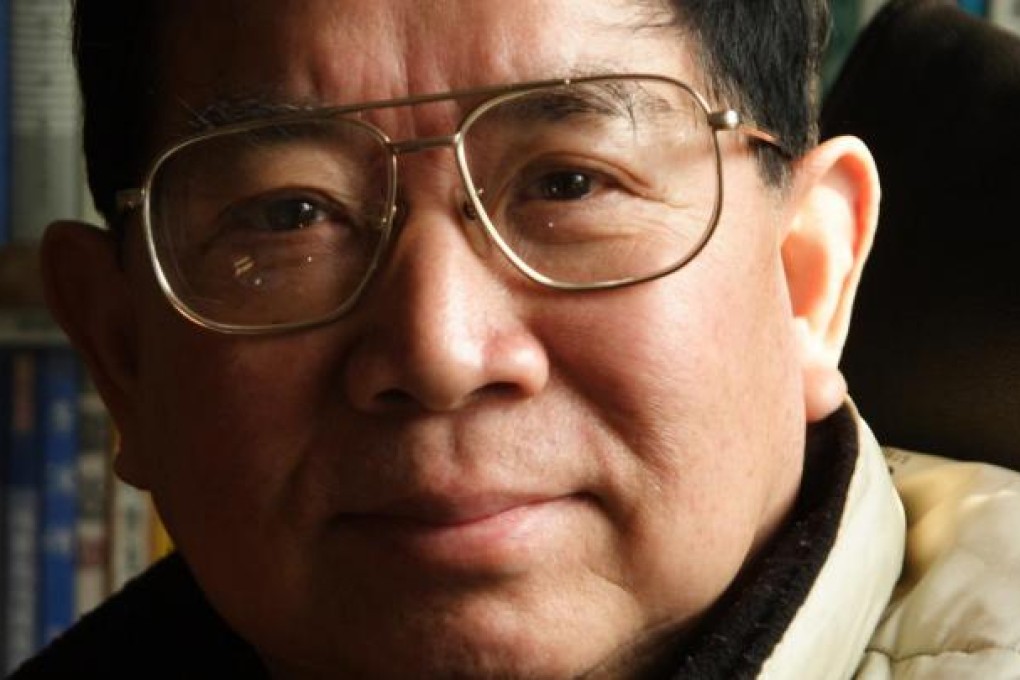Political reform imminent, says Chinese playwright Sha Yexin
Ahead of a re-run of one of his plays in Hong Kong, Sha Yexin, many of whose works are banned on the mainland, says loosening of party's grip is inevitable

Political reform and freedom of speech are imminent on the mainland, renowned playwright Sha Yexin has told the South China Morning Post.
Sha, 73, was in Hong Kong last month to promote a rerun of his play I am Chairman Mao's Bitch, which the Spring-time Experimental Theatre is showing later this month.
Sha, known as a forthright voice on cultural and political affairs, said most of the plays in the mainland over the past 40 years lacked quality, with good works appearing only occasionally.
"The main reason is there is no freedom of literary creation in China," he said.
Culture was a political tool in authoritarian regimes such as China, he said. Under such a system, "true culture is almost impossible".
People working in the cultural sector, especially the outspoken ones, are often under strict government control, he said. Many writers are not allowed to publish their works, or are arrested for fabricated crimes, while some writers are forbidden from leaving the country.